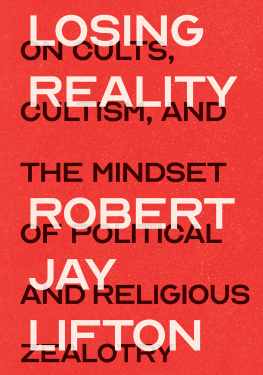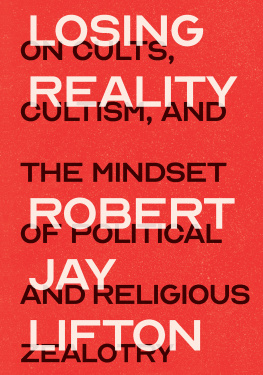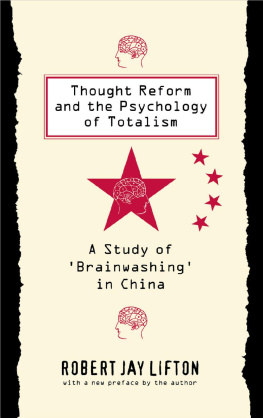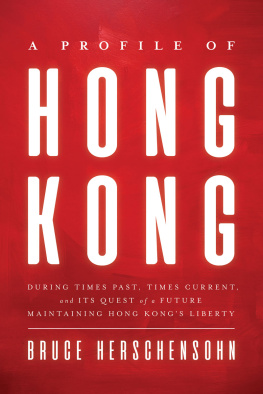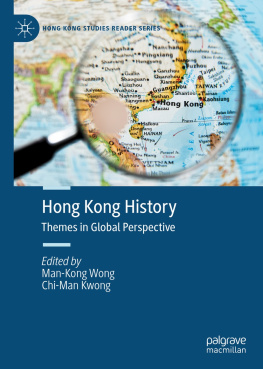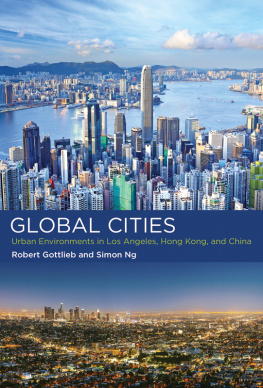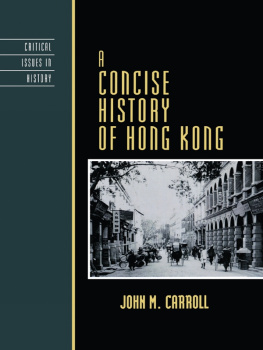

ALSO BY ROBERT JAY LIFTON

Superpower Syndrome: Americas Apocalyptic Confrontation with the World
Who Owns Death: Capital Punishment, the American Conscience, and the End of Executions (with Greg Mitchell)
Destroying the World to Save It: Aum Shinrikyo, Apocalyptic Violence, and the New Global Terrorism
Hiroshima in America: Fifty Years of Denial (with Greg Mitchell)
The Protean Self: Human Resilience in an Age of Fragmentation
The Genocidal Mentality: Nazi Holocaust and Nuclear Threat (with Eric Markusen)
The Future of Immortalityand Other Essays for a Nuclear Age
The Nazi Doctors: Medical Killing and the Psychology of Genocide
Indefensible Weapons: The Political and Psychological Case Against Nuclearism (with Richard Falk)
The Broken Connection: On Death and the Continuity of Life
Six Lives/Six Deaths: Portraits from Modern Japan (with Shuichi Kato and Michael Reich)
The Life of the Self: Toward a New Psychology
Living and Dying (with Eric Olson)
Home from the War: Vietnam VeteransNeither Victims Nor Executioners
Boundaries: Psychological Man in Revolution
Death in Life: Survivors of Hiroshima
History and Human Survival: Essays on the Young and the Old, Survivors and the Dead, War and Peace, and on Contemporary Psychohistory
Revolutionary Immortality: Mao Tse-tung and the Chinese Cultural Revolution
Thought Reform and the Psychology of Totalism: A Study of Brainwashing in China
EDITED BOOKS
Crimes of War: Iraq (with Richard Falk and Irene Gendzier)
In a Dark Time: Images for Survival (with Nicholas Humphrey)
Last Aid: Medical Dimensions of Nuclear War (with E. Chivian, S. Chivian, and J. E. Mack)
Beyond Invisible Walls: The Psychological Legacy of Soviet Trauma (with Jacob D. Lindy)
Crimes of War (with Richard Falk and Gabriel Kolko)
Explorations in Psychohistory: The Wellfleet Papers (with Eric Olson)
America and the Asian Revolutions
The Woman in America
HUMOROUS BIRD CARTOONS
Birds
Psychobirds


Free Press
A Division of Simon & Schuster, Inc.
1230 Avenue of the Americas
New York, NY 10020
www.SimonandSchuster.com
Copyright 2011 by Robert Jay Lifton
All rights reserved, including the right to reproduce this book or portions thereof in any form whatsoever. For information address Free Press Subsidiary Rights Department, 1230 Avenue of the Americas, New York, NY 10020
First Free Press hardcover edition June 2011
FREE PRESS and colophon are trademarks of Simon & Schuster, Inc.
The Simon & Schuster Speakers Bureau can bring authors to your live event. For more information or to book an event contact the Simon & Schuster Speakers Bureau at 1-866-248-3049 or visit our website at www.simonspeakers.com .
Manufactured in the United States of America
1 3 5 7 9 10 8 6 4 2
Library of Congress Cataloging-in-Publication Data
Lifton, Robert Jay
Witness to an extreme century: a memoir / by Robert Jay Lifton.
p. cm.
1. Lifton, Robert Jay, 1926 2. HistoriansUnited StatesBiography 3. PsychiatristsUnited StatesBiography 4. Political activistsUnited States Biography 5. History, Modern20th century. 6. Military history, Modern 20th century. 7. GenocideHistory20th century. 8. Nuclear warfareHistory20th century. 9. RadicalismHistory20th century. 10. War and societyHistory20th century. 11. Social change History20th century. I. Title.
CT275.L4343A3 2011
973.02092dc22
[B] 2010046148
ISBN 978-1-4165-9076-7
ISBN 978-1-4165-9718-6 (ebook)
To Ken and Natasha
To Kimberly, Jessica, Lila, and Dmitri
And to BJ
PREFACE

I HAVE SPENT MUCH of my life listening. During interviews people have described to me in painful psychological detail their encounters with some of the defining acts of the late twentieth and early twenty-first centuries. In Hong Kong I listened to Chinese and Westerners who had been subjected to Chinese Communist thought reform, in Hiroshima to Japanese survivors of the atomic bomb, in New York City (and New Haven, Connecticut, and Gainesville, Florida) to American veterans of Vietnam who turned against their war, in Germany to Nazi doctors who had participated in a reversal of healing and killing, and in Israel, the United States, and countries throughout Europe to survivors of Auschwitz. I became a witness to the events I studied.
In response to that listening I began to do my share of talking. I developed an early habit of dictating notes closely describing not only the content of each interview or conversation but my own impressions, emotions, and associations. I called this a research diary, but the notes also became a bumpy narrative of my life as a researcher and activist, and of the extraordinary environments in which I have found myself. I have extended that talking into sustained conversations over years and decades with friends and partners in dialogue. And all of my books and articles have taken shape through dictated, and many redictated, drafts before they reached the typewriter or computer.
This volume is a culmination of nearly six decades of listening and talking. It is in no sense a systematic account of my research studies; I tried to provide such accounts in earlier books. Rather it is a highly subjective story of my life experience in connection with the work I have done, and of the historical worlds I have inhabited. Ive tried to record my findings as accurately as possible, but that does not mean I have been neutral. Ive been moved by victimized people I encountered and have spoken out publicly against the forces responsible for their suffering. That identification with survivors of cruel events has in fact been a major source of my social activism. After what I had heard and seen, it became quite naturalindeed urgentfor me to take stands against mind control, nuclear weapons, American warmaking, and Nazi-like cruelty and genocide. To be sure, Ive brought to the work such inclinations toward protest, but these were deepened and clarified in ways that did not permit me to stay silent. I felt that I had gained special knowledge of the impact of these abuses, which could inform my witness, and that I was able to make use of my unusual vantage point to become an advocate for peaceful paths to justice and political decency. My always imperfect balance between scholarship and activism is a central theme of this volume.
There has always been something logical about my writing a memoir. Friends have often suggested it, pointing to work I have done in various places on issues that matter and to encounters and friendships with compelling people along the way. I considered the idea, but for years resisted it. Its not that I havent been introspectivein addition to all those self-examining notes, Ive long kept records of my dreams and associations to them. But as a person used to plunging ahead into new projects, I feared that a memoir would immerse me too much in the past. Also, as one who wrote mainly about other people, I did not quite know how to proceed with a book mainly about myself. I had to find a way to do two things: to simultaneously look back to the past and ahead to the future, and to locate myself in settings and ideas that had significance of a larger kind. As every writer discovers, structure is key. Mine for this volume should have been obvious, but it took me some years to come to it. I finally realized that the foundation I needed lay in the four most significant events I had confronted: Chinese thought reform, the atomic bomb in Hiroshima, the Vietnam War, and the behavior of Nazi doctors; and that all of these had immediate importance for present national and world dilemmas. With that realization, I could first imagine the project, and then embrace it.
Next page

